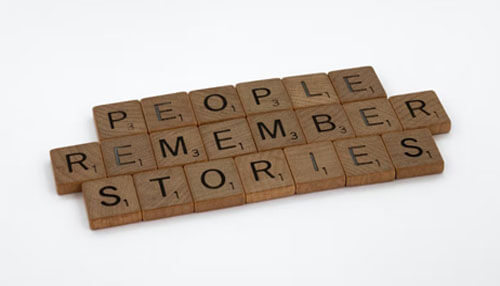When you think of a memoir, you probably imagine an autobiography that is less formal and more personal than a standard biography. After all, the word “memoir” is associated with memories, so it should be more personal than a standard nonfiction book, right?
Even if you don’t know much about the world of publishing, you can still probably guess that this isn’t always the case. Typically, the author’s life experiences and perspectives are on what does a memoir focus. Many memoirs are only partially true or have been heavily fictionalized for dramatic effect. In some cases, it’s hard to tell exactly how truthful they are. Read on to learn more about what to write in a memoir and what makes a good memoir from an objective standpoint and editorial standpoint.
What Makes a Good Memoir?
First, what makes a good memoir, and what is the best memoir writing course? This will help us understand what we should be shooting for when crafting our own memoir.
1. First, a good memoir has a strong point of view. You’ll want to rely on your own experience and opinion for the material in your memoir, rather than that of others. Even if you’re including the events of others in your memoir, you’re still relying on your perspective to interpret them.
2. Second, a good memoir is written in the first person. This can vary slightly depending on the type of memoir you’re writing, but in general, you should write your memoir in the first person. It makes the memoir more engaging, and it’s more personal.
3. Third, a good memoir will balance emotion with fact, and it will be honest. You want to make sure that you’re not just describing the events that occurred, but also the emotions you felt during those events. You don’t want it to be fake. You want to make sure that you’re being honest about the way you remember the events of your life.
Rely on the lens of your own experience
You should rely on the lens of your own experience for the events in your memoir. This is the main reason why writing a memoir is a serious undertaking. That doesn’t mean you should make up events and details; it simply means that you should rely on your own point of view for the events you’re describing.
If an event in your childhood made a big impact on you, but it had no impact on the people around you, you can write about it from the perspective of someone who was affected by it. When you’re writing a memoir, it’s okay to switch perspectives as you go along.
If one event affected you and one event affected your sister, you can write about both events from your own perspective. This doesn’t mean that everything in your memoir needs to be written from your point of view, though.
You should include details from the lives of the people around you. You just have to be careful to use your own perspective when writing the details of your own life.
Get the facts as right as possible
When writing your memoir, it’s important to get the facts as right as possible. You don’t have to be 100% accurate about everything, but you should try to be as accurate as you can be.
You can do this by keeping a journal or writing as you go. This will help you to remember the details of your life as you go along. You can also try to find old photographs, letters, and other records from when you were younger.
Find your old school report cards and test scores. Try to get in touch with teachers who taught you when you were younger. This can help you to remember details about your life that you might have forgotten over the years. And it will make it easier to get the facts right in your memoir.
Memorize what you can, but be honest about your lack of assurance
When writing your memoir, you should be honest about your when it comes to certain facts. You don’t want to make yourself look bad, but you also don’t want to lie about your experiences.
For example, if you say that you were on the school soccer team, but you actually weren’t, it’s better to say that you don’t remember being on the team. You might be able to make up an excuse for why you don’t remember being on the team, but it’s better to just say that you don’t remember it. This will make your memoir feel much more genuine. You don’t want to try to fill in the gaps of your past with things that you didn’t actually do.
Add genuine conversation
Another thing that you can do to make your memoir feel more genuine is to include genuine conversation. If you’re describing an event in which a conversation took place, but you can’t remember what was said, you can write down what you wish had been said.
If you want to remember what was actually said, try to get in touch with the people you were speaking with at the time. This can be difficult, especially if it’s been a long time since you last spoke to someone.
If you can’t get in touch with the people you were speaking with, you can try to find other records of the conversation. This could be an article written about the conversation or an online chat log. This will help you to remember the conversation more accurately.
You should be picky about who and when you share your work with
You should be selective about who and when you share your work while writing a memoir. This will allow you to get feedback that is as constructive as possible. You should only share your work with people who you know will give you honest feedback.
Sharing your work with individuals who will just tell you what you want to hear, whether or not it is real, is not a good idea. You should choose to share your work with people who will be honest with you and who will help you to become a better writer.
While you’re working on your memoir, you should try to get feedback from as many people as possible. Before you submit your memoir for publication, you want to be certain that it is as strong as it can be.
Wrapping up
Now that you know what makes a good memoir, you can write your own memoir with confidence. All you have to do is follow these tips, and you’ll be well on your way to writing a great memoir!




